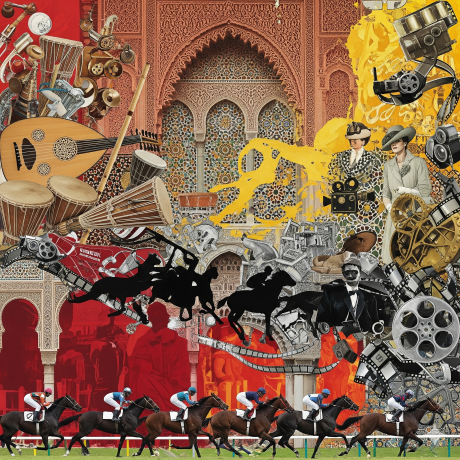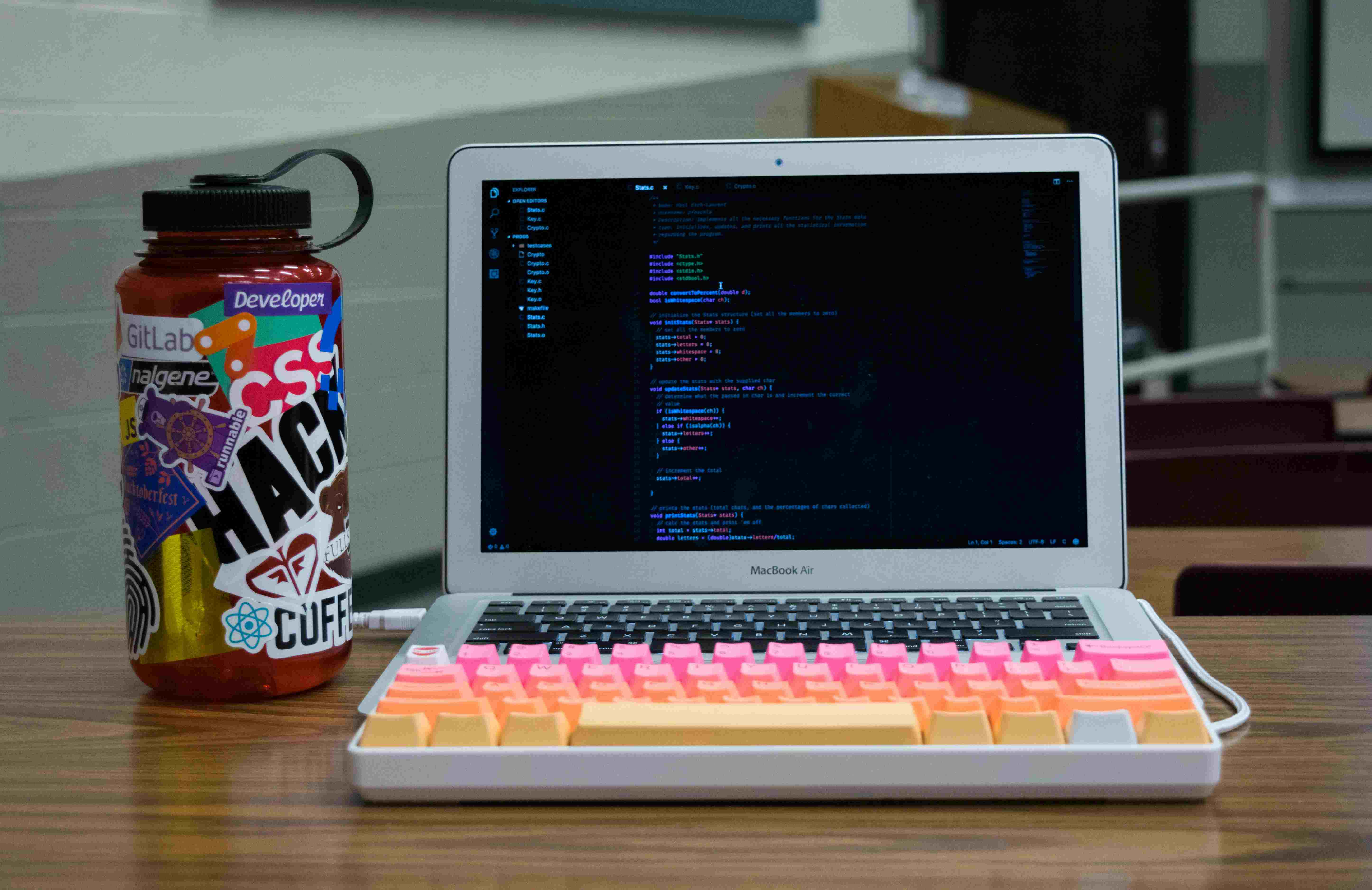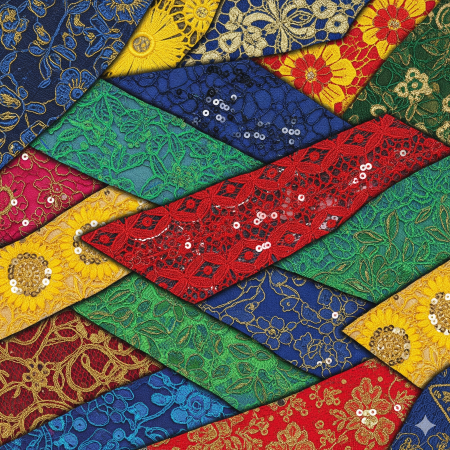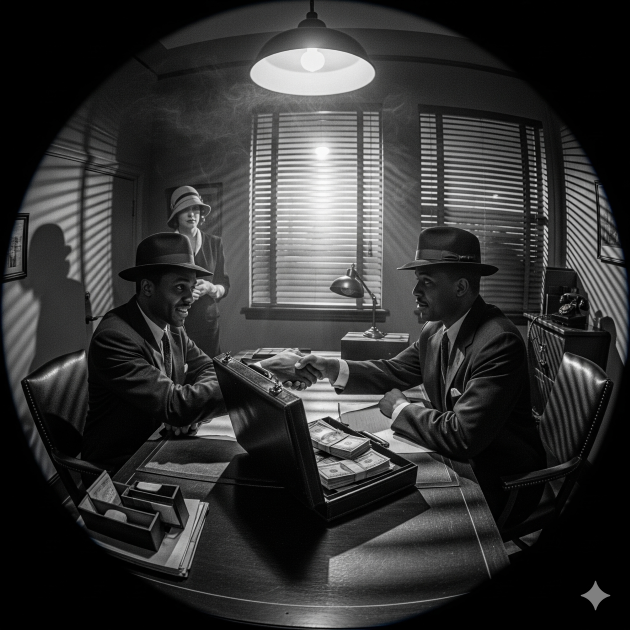When Solidarity Blurs the Lines: Support, Race, and High-Profile Justice(Opinion)
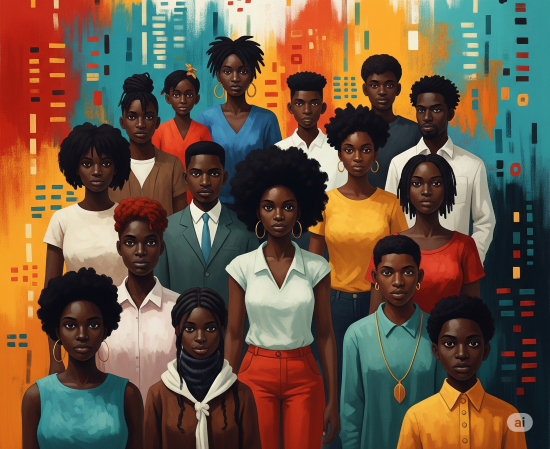
A House Divided
"A house divided against itself cannot stand." Matthew (12:25)
It can be suggested that some Black Americans have turned this scripture into a complex and perilous loyalty—a loyalty that at times seems to protect the guilty under the umbrella of shared pain. In the pursuit of justice, has the African diaspora sometimes forfeited truth for solidarity?
The O.J. Simpson trial and, more recently, the Diddy trial, suggest that we are standing at a delicate intersection—where race, gender, justice, celebrity, and communal identity blur the boundaries between rightful defense and ethical compromise.
This isn’t a comfortable question to ask, especially from outside the community. It risks misunderstanding or seeming to pass judgment on reactions born from deeply rooted historical wounds. However, to observe honestly is to wrestle with discomfort.
The Intersection of Race, Justice, and Loyalty
The O.J. Simpson trial and, more recently, the federal trial of Sean “Diddy” Combs, reveal a fragile tension: the boundary where ethnic solidarity—born of legitimate collective trauma—risks crossing into the realm of moral compromise. They expose a deep question: has race, within the internal dynamics of the Black American community, ever aided in the miscarriage of justice?
How many times have you heard the phrase, “They’re just trying to bring a Black man down”? It’s a sentiment that echoes loudly whenever a prominent Black male figure faces public scrutiny or legal trouble. We could explore the waves of support that surrounded Tory Lanez when he was charged with shooting Megan Thee Stallion in the foot, or we could revisit the long and tangled saga of R. Kelly. For the sake of this opinion piece, let’s focus on the two most high-profile cases involving Black men at the intersection of race, celebrity, and justice. These are, Orenthal James(O.J) Simpson and Sean “Diddy” Combs.
Case Study 1: The O.J. Simpson Trial
Image credit: Vince Bucci/AFP/Getty Images
In 1995, O.J. Simpson, one of the world’s most famous football players, stood accused of the brutal murders of his ex-wife,Nicole Brown Simpson, and her friend, Ron Goldman. The crime had taken place on the night of June 12, 1994, just outside Nicole’s home in Los Angeles.
The evidence presented against Simpson was staggering: DNA from blood at the crime scene matched Simpson with statistical certainty, with error probabilities as low as 1 in 9.7 billion. A history of domestic violence. A trail of blood led from the scene to Simpson’s white Ford Bronco and to his home.
A pair of bloody gloves—one at the scene, the other behind Simpson’s guest house—were found to contain DNA from Simpson and both victims. Blood was discovered on Simpson’s socks, and hair and fiber evidence linked him to the bodies.
The physical case against him was damning, and prosecutors Marcia Clark and Christopher Darden believed they had built an airtight narrative of guilt.
Defense Strategy and the Role of Race in the Simpson Trial
The defense, led by Johnnie Cochran, Robert Shapiro, and F. Lee Bailey, took a different approach—not one that primarily contested the physical evidence, but one that instead questioned its integrity and the motives of those who collected it, because the police department that reported to the scene was majority white, and so were the victims.
The backdrop was essential to understanding the trial’s outcome. Just three years prior, the city of Los Angeles had erupted in protest and violence after the acquittal of four white LAPD officers who had been filmed beating Black motorist Rodney King.
The deep mistrust of the LAPD in Black communities was at a boiling point. Cochran leveraged this tension skillfully, painting the investigation as a racially charged attempt to frame a successful Black man.
The turning point came with the revelation that Detective Mark Fuhrman, a key prosecution witness, had repeatedly used racial slurs and expressed deeply racist views—perjuring himself in court by denying it under oath. That lie, and its implications, cast a long shadow over all the evidence he had handled, even though none of it was directly refuted on scientific grounds.
Simpson Verdict and Its Impact
After a trial that lasted over eight months, the jury—composed of nine Black members, two white, and one Hispanic—deliberated for less than four hours. The verdict was unanimous: not guilty. Twelve votes in favor of acquittal. It was a legal earthquake.
Many in the Black community saw the verdict not as a defense of Simpson’s innocence, but as a rare instance in which the system had failed to consume a Black man, famous or not. It felt like justice—if not for Nicole and Ron, then for every Black man who had been falsely accused, harassed, beaten, or killed by the police. For many others, particularly among white Americans, it was a profound miscarriage of justice, a clear-cut case of guilt clouded by racial grievance.
Case Study 2: The Trial of Sean “Diddy” Combs
Image Credit: (Reuters: Lucas Jackson)
Nearly thirty years later, another high-profile Black celebrity faced a federal courtroom. Sean “Diddy” Combs, a mogul whose influence stretched from hip-hop into fashion, business, and media, was charged in a sweeping RICO indictment.
The government accused him of running a criminal enterprise that involved sex trafficking, drug distribution, and acts of violence and coercion. Five specific charges were brought: racketeering conspiracy, two counts of sex trafficking, and two violations of the Mann Act—transporting individuals across state lines for purposes of prostitution.
Cultural Context and Evidence in the Combs Trial
The trial unfolded against a very different cultural backdrop than Simpson’s. This was an era marked by the #MeToo movement, by heightened awareness of survivor narratives, and by an increasingly critical examination of power—particularly when wielded by celebrities. The prosecution brought forth 34 witnesses, including two of Combs’s former partners, Cassie Ventura and an anonymous woman identified only as “Jane.”
They described disturbing accounts of abuse, coercion, and violence. Surveillance footage from a hotel in 2016 showed Combs assaulting Ventura.
Other evidence included incriminating texts, flight logs for alleged “escort” travel, and payment records. Prosecutors painted a portrait of a man who used fame and fear to orchestrate a hidden world of control and exploitation.
Combs’s defense did not offer witnesses, and he declined to testify. His lawyers argued that the relationships were consensual and that the charges were inflated to fit an overreaching narrative.
Combs Verdict and Public Reaction
After thirteen hours of deliberation over three days, the twelve jurors—eight men and four women—delivered a unanimous but mixed verdict. They found him not guilty on the most serious charges of racketeering and sex trafficking, but guilty on two counts of transportation for the purpose of prostitution. Again, twelve voices, unified in each count: twelve votes for guilt on some charges, twelve for acquittal on others.
Unlike the Simpson verdict, which sharply split public opinion along racial lines, the response to the Combs trial was more varied and introspective. Some supporters still claimed the charges were exaggerated or racially or gender motivated, but others, including many in the Black community, emphasized the need for accountability—even for their icons.
The climate had changed. Public figures were more scrutinized. The verdict, though partial, reflected this evolution. Still, sky news reports that some Diddy fans were seen outside the courtroom, celebrating with baby oil. It’s no surprise, given the rise of questionableonline alpha male communities promoting male superiority and excessive sexuality.
Race, Solidarity, and Justice: A Complex Balance
In both cases, the role of race, and gender loomed large—not merely as an external force of bias, but as an internal mechanism of solidarity. In Simpson’s trial, the jury appeared to express a collective verdict not just on him, but on the LAPD, on systemic racism, and on centuries of injustice. The four-hour deliberation was less about the fine parsing of evidence and more a symbolic rebuke of state power. In Combs’s case, the jury’s deliberations were longer, the verdict more precise. It suggested a greater willingness to balance identity with evidence, to hold individuals accountable while still acknowledging the broader history in which their stories unfold.
From an external perspective, these cases raise troubling but necessary questions. When a community that has long been oppressed begins to gain visibility and voice, does its desire for protection sometimes obscure the need for internal accountability? Has ethnic pride ever become an ethical blind spot? The answer, in both trials, may be yes—but not because of malice or denial. Rather, because pain and memory are powerful lenses. Because when a people have been historically denied justice, the first taste of it can easily turn into a shield—even when it should sometimes be a mirror.
A house divided can still stand, if it’s split in the right places. The challenge is not to silence solidarity, but to refine it. To ensure that pride in one’s people never becomes protection for those who betray them.
You may also like...
Ndidi's Besiktas Revelation: Why He Chose Turkey Over Man Utd Dreams

Super Eagles midfielder Wilfred Ndidi explained his decision to join Besiktas, citing the club's appealing project, stro...
Tom Hardy Returns! Venom Roars Back to the Big Screen in New Movie!

Two years after its last cinematic outing, Venom is set to return in an animated feature film from Sony Pictures Animati...
Marvel Shakes Up Spider-Verse with Nicolas Cage's Groundbreaking New Series!

Nicolas Cage is set to star as Ben Reilly in the upcoming live-action 'Spider-Noir' series on Prime Video, moving beyond...
Bad Bunny's 'DtMF' Dominates Hot 100 with Chart-Topping Power!

A recent 'Ask Billboard' mailbag delves into Hot 100 chart specifics, featuring Bad Bunny's "DtMF" and Ella Langley's "C...
Shakira Stuns Mexico City with Massive Free Concert Announcement!

Shakira is set to conclude her historic Mexican tour trek with a free concert at Mexico City's iconic Zócalo on March 1,...
Glen Powell Reveals His Unexpected Favorite Christopher Nolan Film

A24's dark comedy "How to Make a Killing" is hitting theaters, starring Glen Powell, Topher Grace, and Jessica Henwick. ...
Wizkid & Pharrell Set New Male Style Standard in Leather and Satin Showdown

Wizkid and Pharrell Williams have sparked widespread speculation with a new, cryptic Instagram post. While the possibili...
Victor Osimhen Unveils 'A Prayer From the Gutter', Inspiring Millions with His Journey
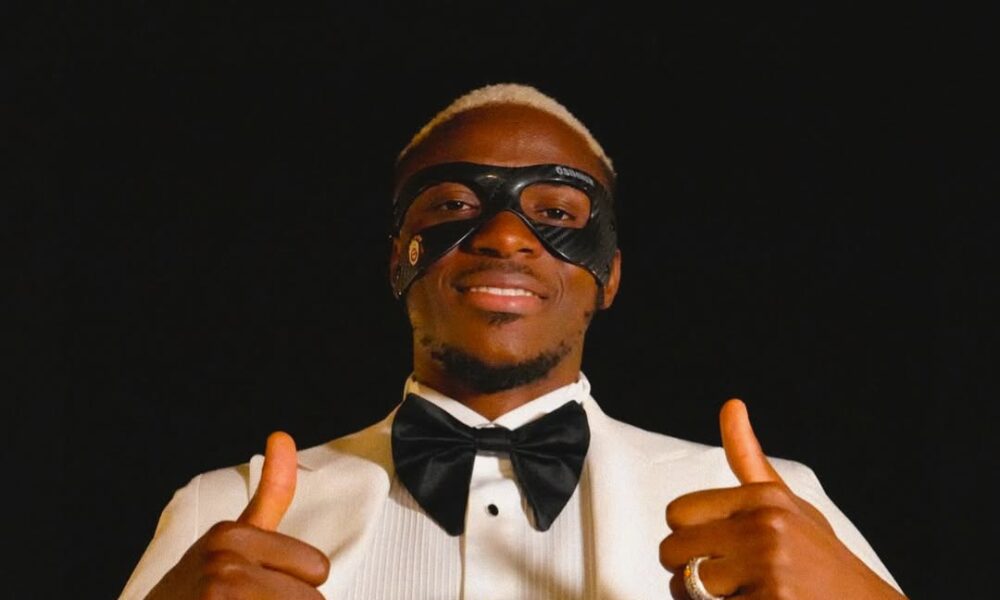
Nigerian football star Victor Osimhen shares his deeply personal journey from the poverty-stricken Olusosun landfill in ...

